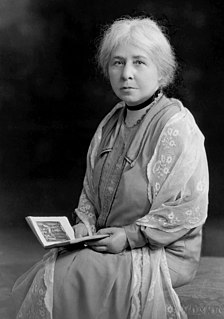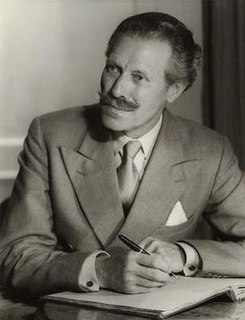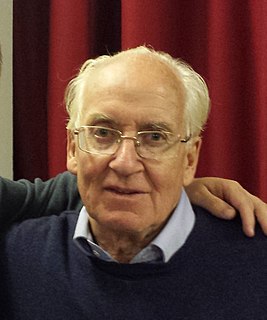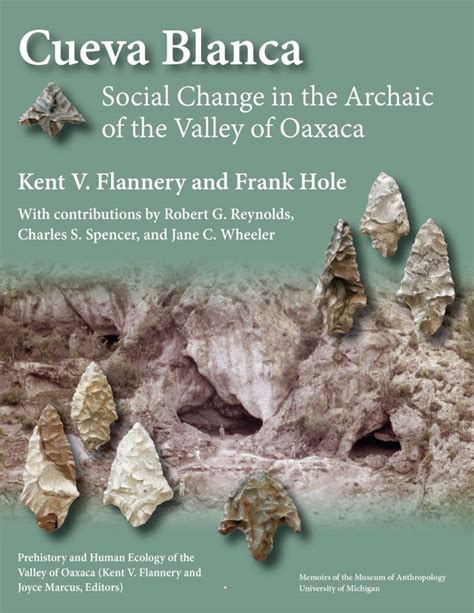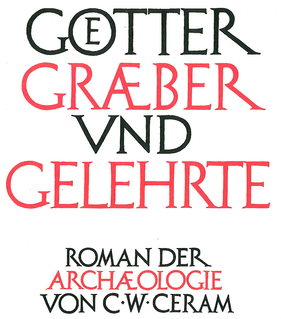A Quote by Sarah Parcak
When you think about archaeology, archaeology is the only field that allows us to tell the story of 99 percent of our history prior to 3,000 B.C. and writing.
Related Quotes
Archaeology in general is the recovery and study of the material culture of past civilizations. Biblical archaeology is as an application of the science of archaeology to the field of biblical studies. Through the comparison and integration of Scripture with the evidence of history and culture derived from archaeology, new insights into the biblical context of people and events, and sometimes the interpretation of the text itself, are possible. In this way archaeology serves as a necessary tool for biblical exegesis and for apologetic concerns.
Indiana Jones: Archaeology is the search for fact... not truth. If it's truth you're looking for, Dr. Tyree's philosophy class is right down the hall. ... So forget any ideas you've got about lost cities, exotic travel, and digging up the world. We do not follow maps to buried treasure, and "X" never, ever marks the spot. Seventy percent of all archaeology is done in the library. Research. Reading.
Archaeological evidence provides significant help in interpreting the Gospels. In a sense, archaeology is an exegetical tool. To ignore the evidence of archaeology would be almost as irresponsible as making no appeal to the original text. The archaeological evidence is a vital component in the context of Scripture.
Archaeology, I found, comprehended all manner of excitement and achievement. Adventure is coupled with bookish toil. Romantic excursions go hand in hand with scholarly self-discipline and moderation. Explorations among the ruins of the remote past have carried curious men all over the face of the earth… Yet in truth, no science is more adventurous than archaeology, if adventure is thought of as a mixture of spirit and deed.
Psychologists tell us we think 50,000 thoughts a day...between 1,000
and 5,000 thoughts in a single hour. Many of those thoughts are about
ourselves and about our performance, about our lovability, our capability
and our significance. So the key is to control those thoughts, making
certain they're always positive.
The past slips from our grasp. It leaves us only scattered things. The bond that united them eludes us. Our imagination usually fills in the void by making use of preconceived theories...Archaeology, then, does not supply us with certitudes, but rather with vague hypotheses. And in the shade of these hypotheses some artists are content to dream, considering them less as scientific facts than as sources of inspiration.




